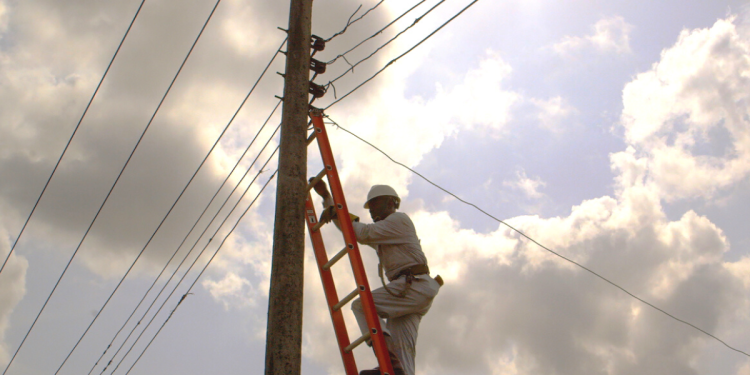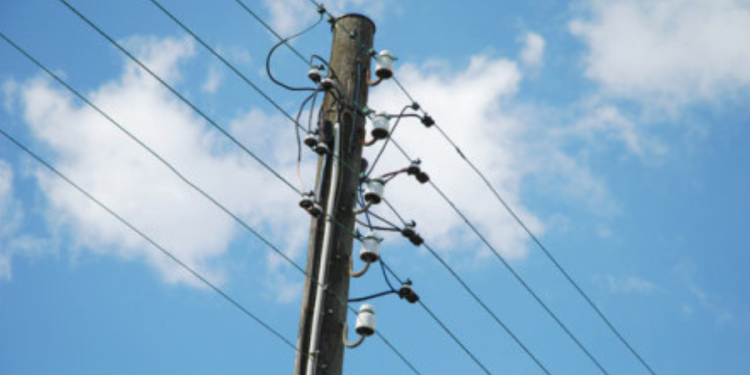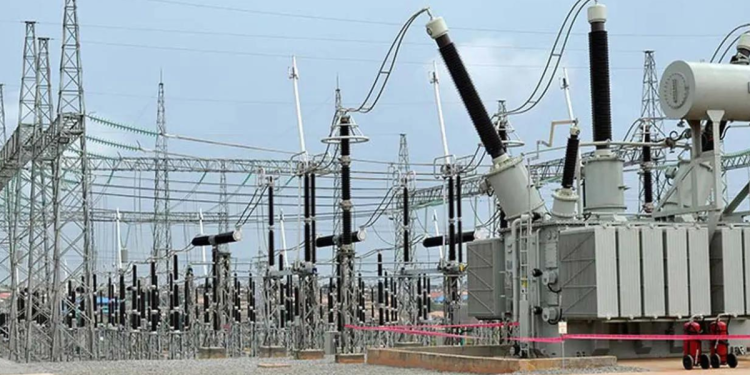
Nigeria power expenditure shows money alone won’t solve electricity problem
The amounts mentioned here do not include N1.5 trillion lent by the Central Bank of Nigeria (CBN) to GenCos and DisCos as well as recurrent budgets over the years.
Tag

The amounts mentioned here do not include N1.5 trillion lent by the Central Bank of Nigeria (CBN) to GenCos and DisCos as well as recurrent budgets over the years.

Despite the government’s efforts to create and enhance the legal framework for the energy sector, the laws need further revisions. Contradictions within the legal framework do not create an attractive environment for investors, and the laws do not entail production and innovation capability development by focusing on green transformation to attract direct investments in local firms and organisations.

Electricity distribution companies (DisCo) recorded a 7.97% drop in revenue between Q1 and Q2 2022. The total revenue loss amounted to N16.32 billion, going from N204.74 billion generated in the first quarter (Q1) of 2022 to N188.41 billion in the year’s second quarter (Q2).

The importance of power supply to the economic development of any nation cannot be overemphasized. Availability and access to reliable electricity supply have a multiplier effect on the productivity and welfare of society. Stakeholders in the Nigerian power sector are quick to say that there is a 12,910MW installed capacity for electricity generation in Nigeria. Even though more than half of the installed capacity is inefficient.